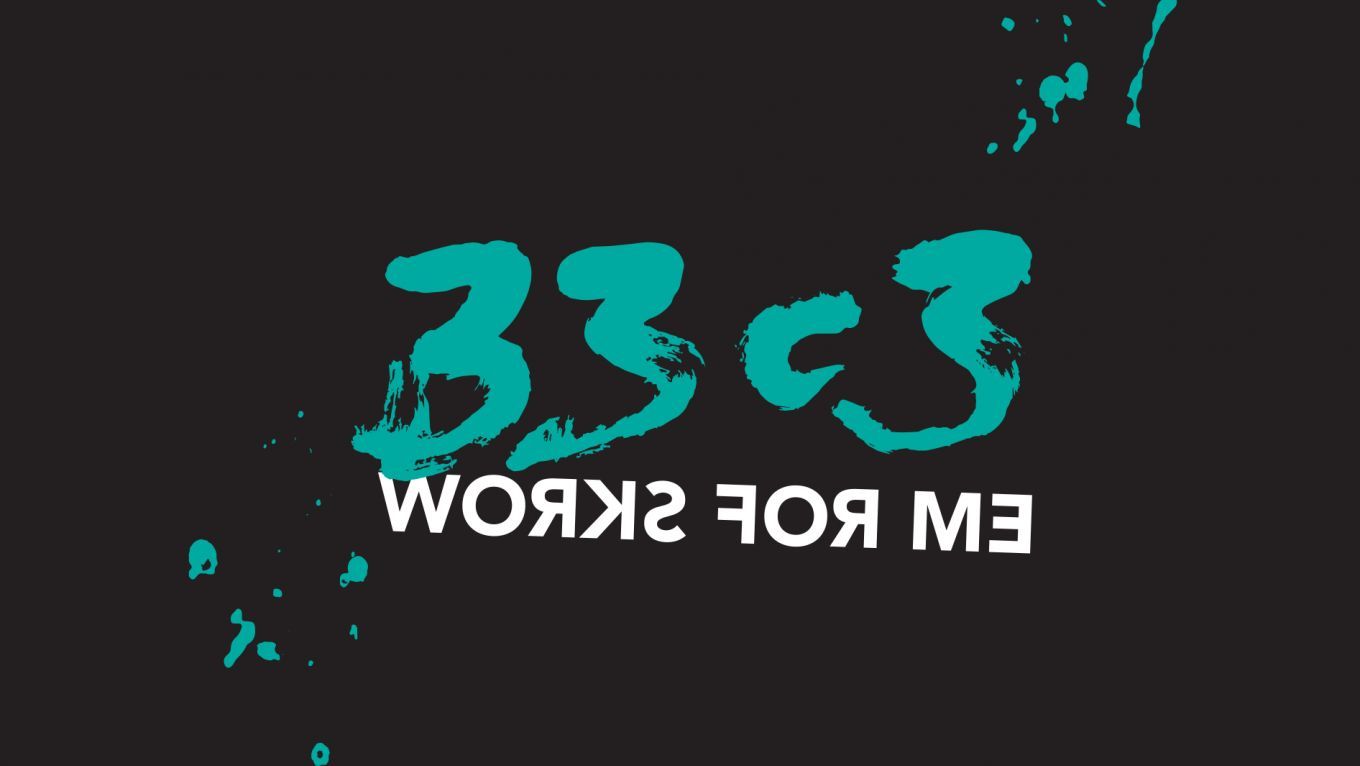Art & Culture
Anthropology for kids - What is privacy?
I would like to present my project called Anthropology for kids and a specific book, that I am working on in the larger framework of this project.
This book will look like an ordinary school notebook in which a teacher checks a student if the lesson had been learnt. But it is actually not! I gathered this collection of historical and anthropological notes, so that together with school kids we can think about how the very idea of privacy was developed in different countries and in different historical epochs. In ancient Babylon wealthy women were allowed to cover their faces and their bodies, but the poor ones were not. In the Soviet Union during Stalin times it was dangerous to tell a political joke even in the group of close friends. One of them may report a joke to the authorities. Punishment for a political joke could be a prison sentence.
Today more or less all our online communication is watched or recorded by authorities.
How does our present relate to other times in history, how is the western notion of privacy related to the ideas in other cultures.
About the speaker:
Her practice evolved from visual arts, journalism, internet culture and publishing. After an artistic career in Israel in the early Nineties, Dubrovsky was among the pioneers in Russia's new media start-up scene and specialized in social media and open source culture. Moving to New York in 2001 she became a significant voice in Russian blogging. Her critical position on educational regimes led to the development and publishing of doodle books for children. Her current project Anthropology For Kids aims at creating a publication series with a participatory approach. Reframing crucial aspects of human life – family, money, health, beauty, and alike – Anthropology For Kids seeks to deconstruct conditioned notions of how we (should) live, demonstrating the diversity of perspectives and possibilities that exist in different cultures.
Additional information
| Type | lecture |
|---|---|
| Language | English |
More sessions
| 12/27/16 |
tl;dr: Mother Teresa said "If I look at the mass I will never act. If I look at the one, I will." I'll present ways that make us act when looking at the mass.
|
| 12/27/16 |
Keys Of Fury is a brutalist storytelling about technology and keystrokes where text is used unadorned and roughcast, like concrete. I define my practice as KYBDslöjd (drawing by Type In) who uses the Commodore 64 computer, Teletext technologies and Typewriter. Brutalism has an unfortunate reputation of evoking a raw dystopia and KYBDslöjd evokes an “object of nostalgia”. But nostalgic, retro, obsolete or limited are rhetoric qualities earn by constant repetition. We live in ...
|
| 12/28/16 |
This talk discusses the representation of Arab males in video games and the adverse effect it has on the collective political imagination. Anonymous military-aged Arab men become increasingly the exception to the laws of human rights, and become default targets for conventional and unmanned drone attacks. This devolution is seen through the lens of the changing nature of conflict through digitalization, the collapse of the nation state in Iraq and Syria, and the future of war.
|
| 12/28/16 |
Berufe aus vergangenen Zeiten
|
| 12/28/16 |
Inspired by a long history of bold reality hacks this talk considers the kinds of potentials opening up through emerging Virtual Reality (VR) and Mixed Reality technologies. In this current moment of climate crisis and structural metamorphosis how can we work with powerful immersive technologies to understand our own perceptual systems, to radically communicate and to innovate new ways of being together?
|
| 12/28/16 |
Der Kampf der Hinterbliebenen um die Wahrheit --- Geride kalanların gerçekler için savaşı
|
| 12/29/16 |
James Bridle is a British writer and artist living in Greece. His work explores the impact of technology on society, law, geography, politics, and culture. His Drone Shadow installations have appeared on city streets worldwide, he has mapped deportation centres with CGI, designed new kinds of citizenship based on online behaviour. and used neural networks and satellite images to predict election results. A New Dark Age is an exploration of what we can no longer know about the world, and what we ...
|

